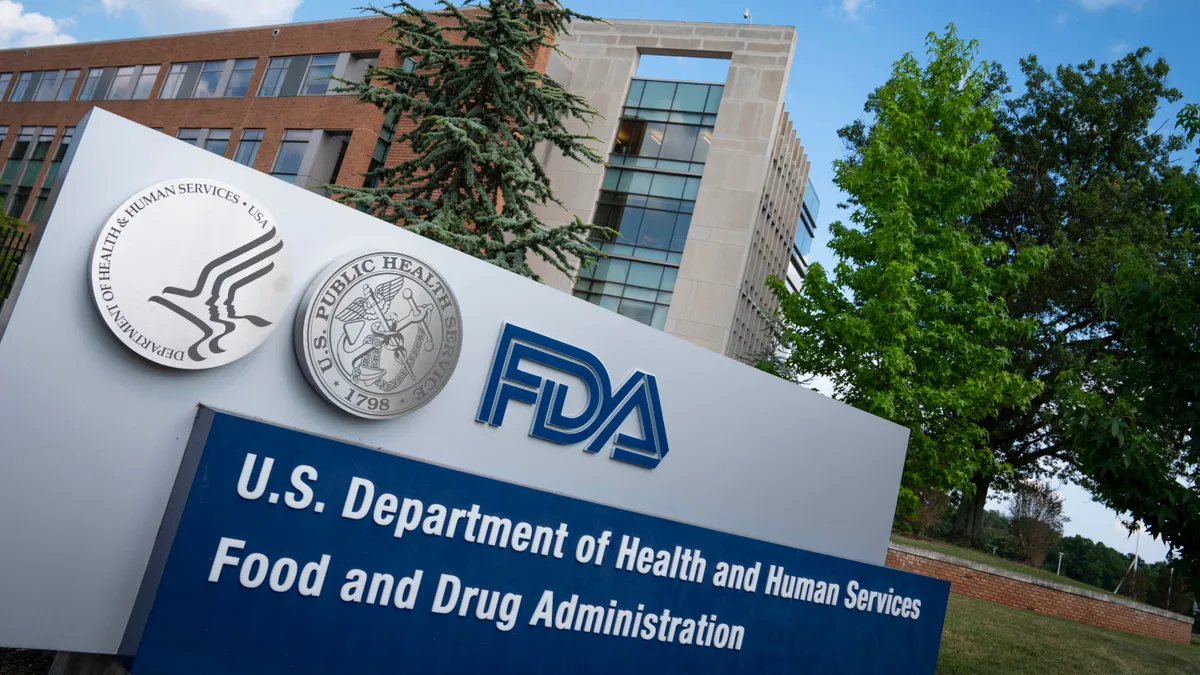Dive Brief:
- FDA has posted two final guidance documents on how to include patient perspectives in medical device clinical trials.
- One of the texts describes how to use patient engagement to improve the design and conduct of medical device clinical trials. The other document details the principles for choosing and creating patient-reported outcome (PRO) instruments for use in clinical trials of medical devices.
- FDA finalized the documents after receiving feedback from organizations including industry lobby AdvaMed, which raised worries about "significant legal issues" and a lack of examples of least burdensome ways to use existing PRO instruments.
Dive Insight:
FDA published the draft guidance on patient engagement in 2019 and followed up with the release of the PRO text 12 months later. Having reviewed feedback submitted about the drafts, FDA has published the final versions of the documents. The agency has retained the structure and core content of the drafts while revising some of the details.
The final version of the patient engagement guidance still discusses how and when sponsors can engage patient advisors to inform the design and conduct of clinical trials, as well as the roles of institutional review boards. Revisions include the citing of mammography studies as an example of when healthy individuals may be used as patient advisors and recognition that it may be hard to find patient advisors for rare disease studies.
In the final PRO guidance, as in the draft, FDA sets out general considerations for using the instruments in the evaluation of medical devices and discusses best practices for least-burdensome approaches to their selection and development. New advice includes a recommendation to consider the impact of PROs on patients and to use "a well-developed short form" of an instrument if available.
Some of the calls for revisions failed to prompt changes to the text. AdvaMed warned "sponsors will struggle to involve patient advisors and others in the design of clinical trials" unless FDA clarified the applicability of the Sunshine Act, Anti-Kickback Statute requirements or off-label promotion regulations.
"Indeed, given the recentness and novelty of FDA's patient engagement initiative, the failure to mention the potential legal risks and liability and the associated statutes that are involved in patient engagement activities, risks inadvertently sending the message — especially for less experienced, smaller companies — that none of these legal issues apply," AdvaMed wrote in its feedback.
AdvaMed wanted FDA to address the issues in the final guidance. Failing that, the trade group asked for FDA to refer to the implicated statutes in the final guidance as possible concerns for sponsors to address. Yet, none of the regulations and requirements referenced by AdvaMed feature in the final text.










